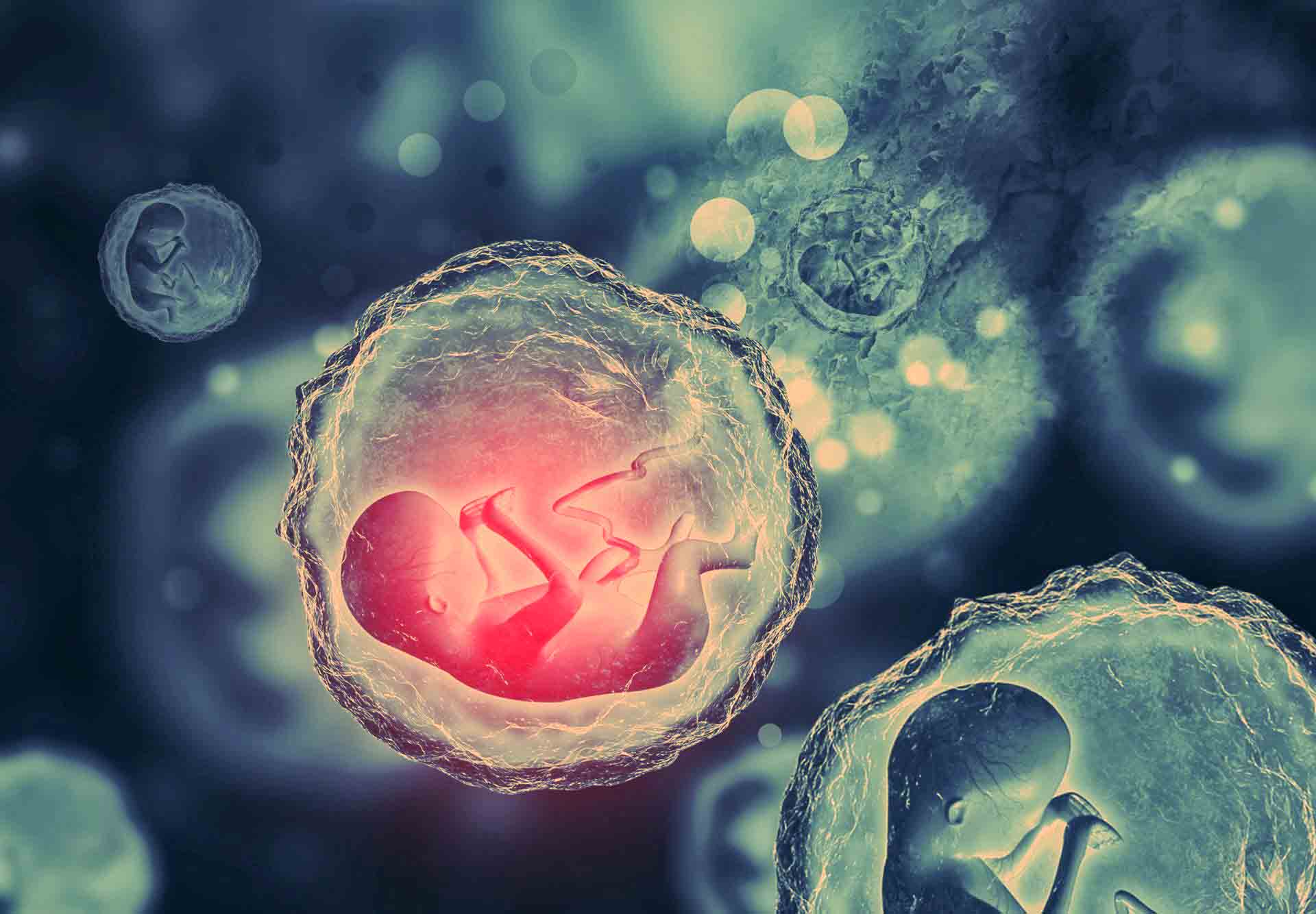Recent studies suggest that Covid-19 can double pregnancy complications. Read all about it in this article for parents.
As the virus approaches its third year of dissemination, the medical world is still attempting to comprehend how it affects different communities. This question is somewhat addressed by two recent research.
This study illuminates the effects of COVID-19 throughout pregnancy and the potential for transmission to the fetus and newborn.
Individuals who tested positive for COVID-19 during pregnancy were shown to have more than twice the risk of bad outcomes compared to patients who tested negative for COVID-19. Birth at an early age, blood clots during pregnancy, and serious complications for the mother were all bad outcomes.
Despite this discouraging information for expectant mothers, a different study’s results are encouraging for brand-new infants. According to a medical magazine, an expectant mother with COVID-19 poses little threat to her unborn child.
These two researches add to our understanding of the ever-evolving coronavirus and its long-lasting impacts. The results highlight the importance of reducing the chance of catching COVID-19 in the first place, giving pregnant patients optimism that the virus won’t be passed on to their offspring, and raising awareness of its dangers overall.
What the Research Shows
In order to determine the impact of COVID-19 on pregnancy, researchers at Kaiser Permanente in Northern California analyzed records from more than 43,000 pregnant women. Births of the kids in the research occurred between March 2020 and March 2021. Researchers tracked pregnant participants to look for correlations between coronavirus infection and perinatal problems.
Coronavirus positivity was associated with a twofold increase in the probability of premature delivery. There was an increased risk for both medically directed and spontaneous preterm births throughout the whole pregnancy for these patients, especially in the first trimester.
One of the study’s strengths is that it drew from a large and varied sample of the community. The findings not only revealed the additional risk that COVID-19 poses to pregnancy but also revealed which racial groups are at the highest risk for serious complications.
Patients who tested positive for coronavirus infection were more likely to be younger, Hispanic, have several babies, be obese, or live in an economically deprived area. Parents of African-American, Asian-American, and Pacific Islander ancestry, as well as those with pre-gestational diabetes, had the highest rates of hospitalization due to the virus.
One more study investigated the effects of maternal COVID-19 infection on their newborn child after delivery. About 500 investigations conducted in the years 2020 and 2021 were analyzed by the research team. Babies delivered to more than 14,000 mothers with COVID-19 were found to have a prevalence rate of less than 2%.
Parents and infants might rejoice at the reduced risk of virus transmission. Some research suggests that the placenta can shield a baby from contracting the virus.
Aims and Implications of the Research
COVID-19 can cause a wide variety of symptoms in the general population, from a moderate cold to severe respiratory distress and loss of smell. It’s possible for the symptoms to get worse during pregnancy.
Pregnant patients with COVID-19 were more likely to have a life-threatening heart or lung condition or complication from pregnancy, including eclampsia, in addition to preterm birth and the related neonatal difficulties and potentially long-term developmental concerns from prematurity.
Pregnant women tend to be younger, thus it stands to reason that they will have a milder reaction to COVID-19. However, pregnant women are more likely to contract coronavirus because of the effects of hormones on the respiratory system and the immune system.
Any expecting mother or father can attest to the stress that comes with fighting against COVID-19 symptoms while also protecting their unborn child. It’s a lot to worry about how your illness, your symptoms, and the strain on your body will impact your unborn child. To relieve their minds, parents may take comfort in studies demonstrating that infants have a negligible risk of illness.
It gives the mother a great deal of comfort. Every mother’s first and biggest worry is always for her child: how is she doing, how is she progressing, how is this going to affect her? And using both past knowledge and constantly expanding data. The babies appear to be thriving, but the mother’s health should be prioritized above everything else.
To Your Own and Your Child’s Safety
Pregnant women should maintain their health by eating a balanced diet full of fruits and vegetables, popping prenatal vitamins, and going to all of their doctor’s appointments. Having a healthy immune system and being in good shape, in general, will help you avoid getting COVID-19. Obtaining medical help is also crucial. The CDC’s vaccines against COVID-19 are deemed safe and effective for expectant mothers.
Get immunized; it’s the most crucial step. This is beneficial for the mother, but we also know that the infant benefits from the mother’s immune system for the first few months. Therefore, if the mother is vaccinated, the infant will benefit as well.
The well-being of an expecting mother is crucial, as it affects not one but two lives. There may be a little risk of serious illness for her baby as a result of the infection, but specialists advise against taking any chances.
Pregnant women should always take necessary precautions to protect themselves and their unborn children from dangerous viruses like COVID-19. Considering the virus doubles the danger of pregnancy issues, it’s crucial that expecting mothers take all necessary precautions to ensure their health. Even if they do contract the sickness, parents can be assured that their child is unlikely to catch it.
Articles you might like: Preterm Birth Risk is Related with Getting Covid-19 During Pregnancy, Clinical Studies Show Covid-19 Vaccine is Safe During Pregnancy and Breastfeeding, Will Covid-19 Vaccination Be Safe For Infants?

